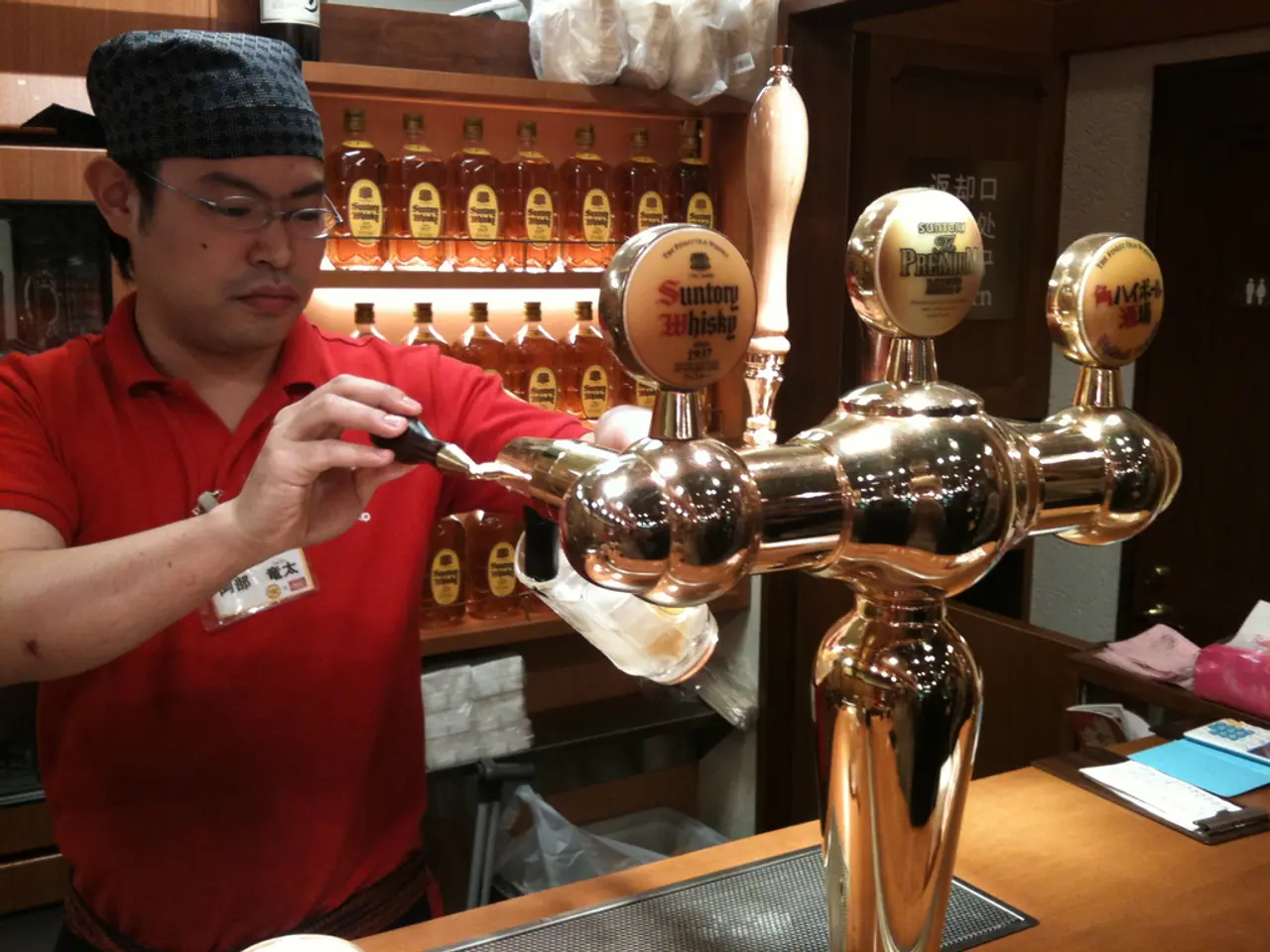Exploring Sobriety: Understanding the Concept and Experimenting with It
In recent years, the concept of "sober curiosity" has gained traction, encouraging individuals to question their drinking habits and explore a healthier lifestyle. The term was coined by Ruby Warrington, author of the 2018 book "Sober Curious: The Blissful Sleep, Greater Focus, Limitless Presence, and Deep Connection Awaiting Us All on the Other Side of Alcohol."
The benefits of reducing alcohol intake are numerous. A 2018 study found that a month of abstaining from alcohol may help lower blood pressure and reduce the risk for alcohol-related diseases. Going sober curious does not necessarily mean a permanent change; some people choose to avoid alcohol for a specific period, while others commit to it for an indefinite time.
When starting a sober lifestyle, it is beneficial to shift one's mindset to focus on the benefits gained, rather than what is lost. Reducing alcohol intake can provide space for exploring one's relationship with alcohol and making positive changes.
Social activities do not have to involve alcohol. Playing board games, going on a hike or picnic in the park, or enjoying a TV show or movie night can be enjoyable alcohol-free alternatives. Many bars and restaurants offer inventive non-alcoholic or 'mocktail' drinks, making it easy to participate in these activities without alcohol.
Connecting with like-minded people can help one feel less alone when choosing to go alcohol-free. Participating in month-long sobriety challenges, such as Sober October or Dry January, encourages people to reevaluate their alcohol use and provides a supportive community.
Self-care and satisfying hobbies are crucial in maintaining a sober curious lifestyle. Dedicating free time to these activities can help individuals feel fulfilled and less inclined to turn to alcohol.
It is important to be prepared when facing social situations that may involve alcohol. Preparing a response ahead of time can help one stick to their decision not to drink.
In January 2025, the Surgeon General released a statement warning of the risks of drinking, even in moderation. Excessive drinking can lead to liver disease, alcohol use disorder, conflict in relationships, and changes in mood and behaviour. Alcohol use has also been linked to an increased risk of developing several types of cancer.
Embracing sober curiosity involves questioning one's drinking culture and patterns, often due to concerns about how alcohol is affecting one's life. Creating a plan is crucial when starting a sober curious journey, as the structure matters less than the exploration of one's relationship with alcohol.
Breakfast dates and museum outings can be enjoyable alcohol-free activities, according to a newsletter editor. The journey towards a healthier lifestyle may not be easy, but the benefits are worth the effort. By embracing sober curiosity, individuals can take control of their lives and make positive changes for their health and wellbeing.







